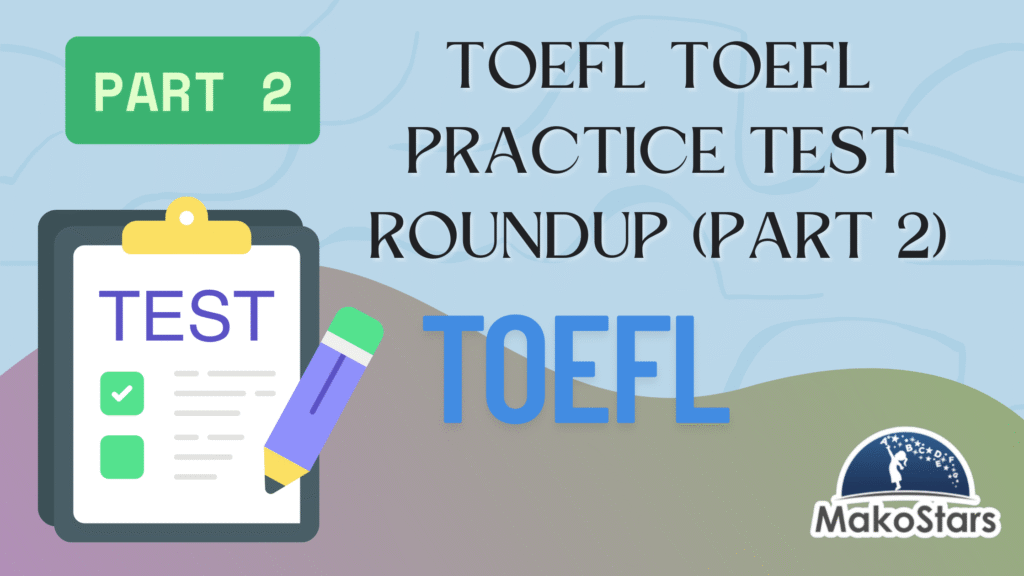Learning English for Older Adults - A Key to Staying Younger
Table of Contents
Introduction
Traditional thought has believed that as people age, they are destined to weaken in both physical and cognitive abilities. However, with exercise, especially weight-based movements, it is possible to slow the decline in physical skills, and recent research shows it is also possible to not only slow the decline in mental strength but also reverse the effects of aging on mental power. Just as professional athletes seem to delay father time for another season and world leaders continue on and on, whether we like it or not, well into their 80s, you, too, can maintain your mental health.
While aging is an inevitable part of life, the power to keep the brain sharp, improve memory, and enhance overall cognitive abilities is firmly in your hands. Among the various skills one can acquire, learning a foreign language, such as English, stands out for its unique advantages, empowering you to take charge of your cognitive health.
This article explores the benefits of learning new skills, focusing on the advantages of learning a foreign language, such as English.
Benefits of Learning English for Older Adults
Continually challenging the brain by learning new skills is crucial for maintaining cognitive function and reversing some of its effects. Here are some specific benefits:
Improved Cognitive Ability: Studies show that learning new skills can help improve memory, attention, and problem-solving abilities.
Enhanced Social Interaction: Joining classes or groups offers opportunities to meet new people and form new social connections.
Engaging in meaningful activities: such as learning a new skill, finishing a challenging puzzle, or doing a difficult yoga pose, can boost self-esteem and provide a profound sense of accomplishment. This feeling of reward is not just fleeting but a lasting testament to your dedication and effort.
Delayed Onset of Dementia: There are many steps that individuals can take to keep their physical and mental health healthy. Though there is no magic pill that will prevent someone from getting dementia, keeping active is a vital way to delay the onset of dementia and other age-related diseases.
Continually challenging the brain by learning new skills is crucial for maintaining cognitive function and mental agility in older age. Here are some specific benefits:
- Improved Cognitive Ability: Studies show that learning new skills can help improve memory, attention, and problem-solving abilities.
- Enhanced Social Interaction: Joining classes or groups offers opportunities to meet new people and form new social connections.
- Increased Sense of Purpose: Engaging in meaningful activities can boost self-esteem and provide a sense of accomplishment.
- Delayed Onset of Dementia: Keeping the brain active can help delay the onset of dementia and other age-related cognitive declines.
General Cognitive Benefits
Learning new skills at any age can improve cognitive flexibility, memory, and processing speed. Engaging in activities that challenge the brain helps to maintain and even enhance cognitive functions.
Case Studies and Research Findings
A study by Rachel Wu and Jessica A. Church revealed that older adults who engaged in learning multiple new skills showed significant improvements in cognitive abilities, and could achieve brain skills comparable to adults 30 years younger and this improvement continued even after the program ended.
The number of participants in the program was realitively small, 24 older adults betweeen the ages of 58 and 86, and only lasted for three months but the results are encouraging. Each adult enrolled in at least three weekly learning activites lasting two hours for each lesson. Lesson options consisted of using a tablet PC, photography lessons, foreign language lessons and music composition. Once a week the participants meet weekly to discuss their learning journey and any difficulties they encountered.
General Cognitive Benefits
Learning new skills at any age can improve cognitive flexibility, memory, and processing speed. Engaging in activities challenging the brain helps maintain and even enhance mental functions.
Case Studies and Research Findings
A compelling case study conducted by Rachel Wu and Jessica A. Church demonstrated that older adults who actively engaged in learning multiple new skills, including a foreign language, experienced significant improvements in cognitive abilities. In fact, they were able to achieve brain skills comparable to adults 30 years younger. This improvement was sustained even after the program ended, highlighting the long-term benefits of continuous learning.
The number of participants in the program was relatively small, with 24 older adults between the ages of 58 and 86. The program only lasted for three months, but the results were encouraging. Each adult enrolled in at least three weekly learning activites lasting two hours for each lesson. Lesson options included using a tablet PC, photography lessons, foreign language lessons, and music composition. Once a week, the participants meet to discuss their learning journey and any difficulties they encountered.
Why Learning a Foreign Language is Beneficial
Cognitive Flexibility
Learning a new language is not easy and it means your brain has to adapt to new vocabulary, grammar structures, and sounds, enhancing cognitive flexibility. This ability to switch between different tasks and concepts is crucial for maintaining mental sharpness.
Memory Improvement
Language learning involves memorizing new words and phrases and strengthening short-term and long-term memory. This continuous challenge helps keep the brain active and engaged.
Enhanced Multitasking Abilities
Bilingual individuals often find it easier to multitask because learning a new language trains the brain to manage multiple streams of information simultaneously.
English as a Preferred Choice for Non-Native Speakers
Practical Benefits
Learning English can open up business, travel, and communication opportunities for non-native English speakers. English is spoken not only by native speakers in America, Australia, and the UK, but by many millions more. It is one of the most widely spoken secondary languages in the world, and speakers can be found in places like Japan, Brazil, Mexico, and many more.
In addition, using the Internet and social media platforms, you have access to English speakers worldwide. English is a widely spoken second language globally, making it an immensely practical choice for travel and communication, especially for older adults who may have more time for leisure and exploration.
Cultural Enrichment
English opens the door to many cultural experiences, from literature and film to music and art. This cultural engagement further stimulates cognitive functions.
Opportunities for Social Interaction
Learning a new language, like English, can also open up opportunities for social interaction. Many communities have English-speaking clubs or classes, which provide a welcoming space to practice and socialize and foster a sense of belonging and community.
Comparing the Benefits of Learning English for Older Adults vs. Other Skills
While learning any new skill offers benefits, learning English has some unique advantages:
Versatility: English can be used in various aspects of life, from travel to accessing information and entertainment.
Cognitive Challenge: The complexity of mastering a new language offers a robust mental workout.
Practicality: Given its global use, English is often more practical for communication and information access than other skills like playing an instrument or learning to paint.
How to Start Learning English
1. Set Clear Goals: Setting achievable goals, such as learning a certain number of new words each week or completing specific modules, helps maintain motivation and track progress.
2. Choose the Right Resources: Many online platforms offer free and paid courses for learning English. Websites like Duolingo, Babbel, and Coursera provide structured lessons for all proficiency levels. (see our article on how to get started with Duolingo here)
3. Practice Regularly: Consistent practice is vital for improving language ability. Try to incorporate English into your daily routine. Schedule time in your favorite calendar or reminder app.
4. Join a Community: Participate in English-speaking clubs or groups to gain confidence. If you are in a non-native English country, try language exchange groups. Many are available at the local community center or are sponsored by government organizations. Meetup, Internations and Facebook have many such groups.
5. Stay Patient and Positive: Language learning takes time. Celebrate small milestones and stay positive. Don’t focus on minor grammar details; focus on communicating. And remember, communication involves not just words but also physical gestures such as hand and facial movements. You’ll be surprised how much information a simple smile can convey.
Conclusion
Learning new skills, particularly a foreign language like English, offers significant cognitive benefits for older adults. By engaging in regular mental exercises and challenging the brain with new learning activities, older adults can slow cognitive decline and maintain mental sharpness well into their later years.
FAQ
References
Rachel Wu and Jessica A. Church, “Stay Sharp as You Age,” Scientific American, October 2023.
See other articles on learning by Rachel Wu: here





![12 Basic Grammar Rules to Write Like a Pro [2025 Guide]](https://englishlearninghub.online/wp-content/uploads/2025/07/12-Basic-Grammar-Rules-to-Write-Like-a-Pro-2025-Guide-1024x576.png)

